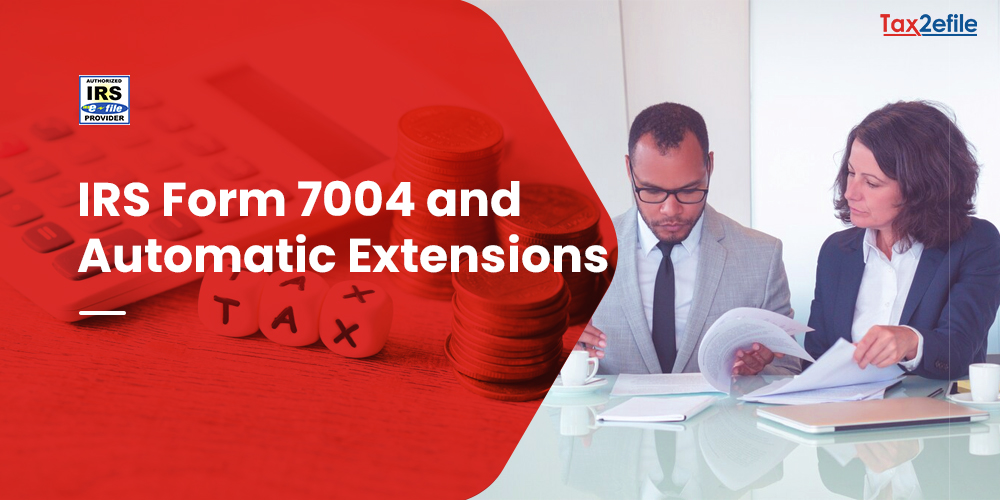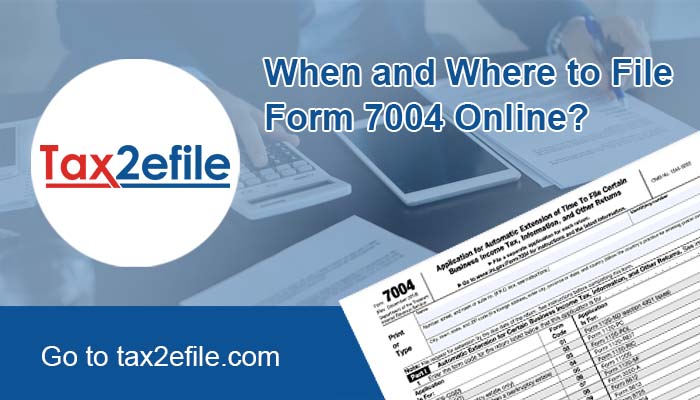- January 16, 2019

The tax due dates will vary based on the type of the business entity. Partnerships, Corporations and sole proprietorships usually have different IRS deadlines to file the tax returns. Keep updated with the due dates for mailing out the information forms and to pay the estimated quarterly taxes. Find the below list of important IRS due dates for businesses for the year 2018 and make a note on your calendar so that you never miss any IRS deadlines and you avoid penalties.
IRS Deadlines for Business Tax Forms in 2019
15th January 2019
The fourth quarterly estimated tax payment for individuals and businesses for the prior year 2018 is due on this deadline 16th January 2019.
31st January 2019
Businesses that have independent employees who require W2 forms or Form 1099 must distribute the forms to the employees for the tax year 2018 before this due date.
28th February 2019
When sending the Form 1099’s to the IRS through the mail, it must be sent before 28th February 2019. When you are sending the form electronically, then the deadline is 31st March 2019.
15th March 2019
The due date to file the tax returns for the corporation is 15th March 2019. This includes Form 1120, Form 1120A, or Form the 1120S. This is also the due date for filing the tax extension using the Form 7004. Any tax dues must be paid by this date even the extension is filed or not.
Partnerships must file by the date of 15th March 2019 using the Form 1065. Instead, tax extension may also be filed by this due date for the business partnerships by using the Form 7004.
15th April 2019
This due date is common for the individual tax returns to form 4868, applicable for self-employed individuals and sole proprietors. This deadline is also for applying tax extension requests when an individual cannot file the tax return before the due date. When the taxes are due, you need to pay the taxes by this date even though you have filed an extension.
The due date for the first quarterly estimated tax payment for the year 2018 for individuals and businesses is also on 18th April. The payments can be done through mail or online.
17th June 2019
The second quarterly estimated tax payment for the tax year 2018 comes on this due date 15th June. When mailing the payments, it must have a postmark of the date June 15th or earlier date.
15th August 2019
Partnerships, which got a 5-month tax extension need to file their prior year 2018 tax return by this due date.
16th September 2019
Corporations that got a tax extension in this year earlier, must file their tax return for the year 2018 before this deadline.
The third quarterly estimated tax payment for the year 2018 also comes in this due date.
15th October 2019
Self-employed persons and Sole proprietors who got a 5-month tax extension need to complete and file their 2018 tax return by this due date in order to avoid the IRS late filing penalties.
As a tax payer to the nation, it is vital to meet all the IRS deadlines to file the tax returns for the business, making payments and mailing the IRS mandate forms. When you are not adhering to the deadlines it can attract costly IRS penalties and interest by accumulating from the due date of the original tax return.
These tax due dates are the same for every year but they can also change. So ensure to check the IRS tax due dates for the business every year to avoid confusions and avoid missing the important deadlines, which may result in the IRS penalties.


